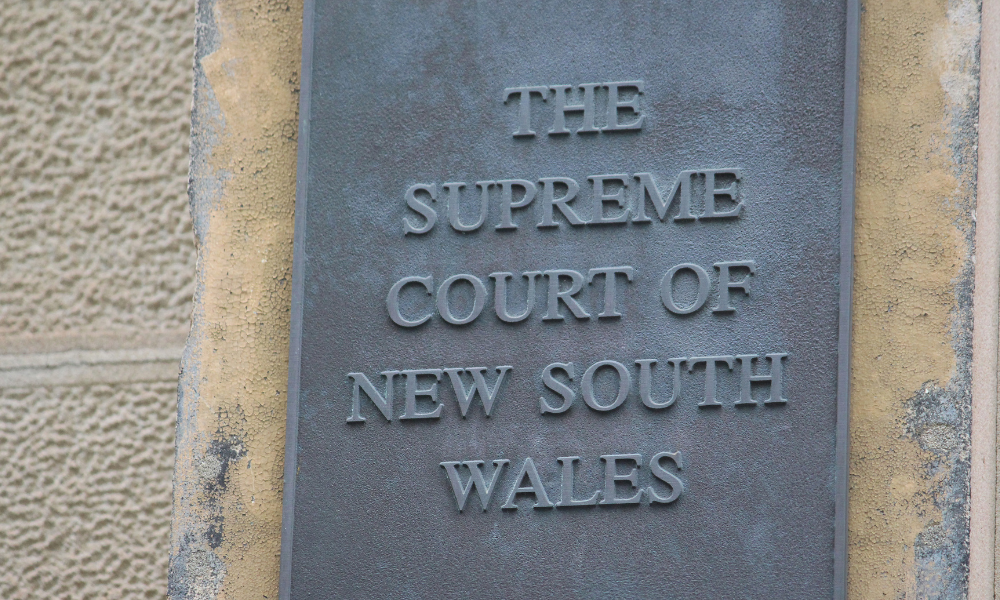
The public guardian was better suited to act impartially and work with healthcare providers: court

The NSW Supreme Court upheld a decision to appoint the public guardian over a father’s objection as the guardian for his adult son with schizophrenia.
The dispute arose under the Guardianship Act 1987 and the Civil and Administrative Tribunal Act 2013. Initially, the Civil and Administrative Tribunal (NCAT) had appointed the Public Guardian in December 2023 with a limited 12-month order. Upon review in April 2024, NCAT confirmed the appointment, dismissing the father’s competing application. The father challenged this confirmation, filing proceedings in the Supreme Court.
The Supreme Court dismissed the father’s appeal, determining that it did not meet the statutory requirements for an appeal under clause 14 of schedule 6 of the NCAT Act. The court also found no exceptional circumstances warranting the exercise of its protective parens patriae jurisdiction, which is reserved for rare cases.
The court accepted that the adult son required a guardian to manage his medical treatment, housing, and other essential matters. The son, however, opposed the appointment of his father as guardian. The court noted that this preference, combined with the father’s contentious interactions with healthcare professionals, rendered him unsuitable for the role. Although the father has medical training and a strong desire to oversee his son’s care, his strained relationships with public health authorities could impede effective advocacy.
In contrast, the court found that the public guardian was better equipped to act impartially and engage constructively with healthcare providers. The court emphasized that the appointment of the public guardian served the son’s best interests by ensuring consistent and professional oversight of his care.
While dismissing the father’s application, the court acknowledged his frustration with the healthcare system and his belief that his input had been undervalued. The judgment highlighted that the father could still provide information and input to healthcare professionals without the formal authority of a guardian.
The decision affirms NCAT’s April 2024 ruling, allowing the public guardian to continue its role under an 18-month order. This order includes authority over the son’s accommodation, healthcare, and travel.